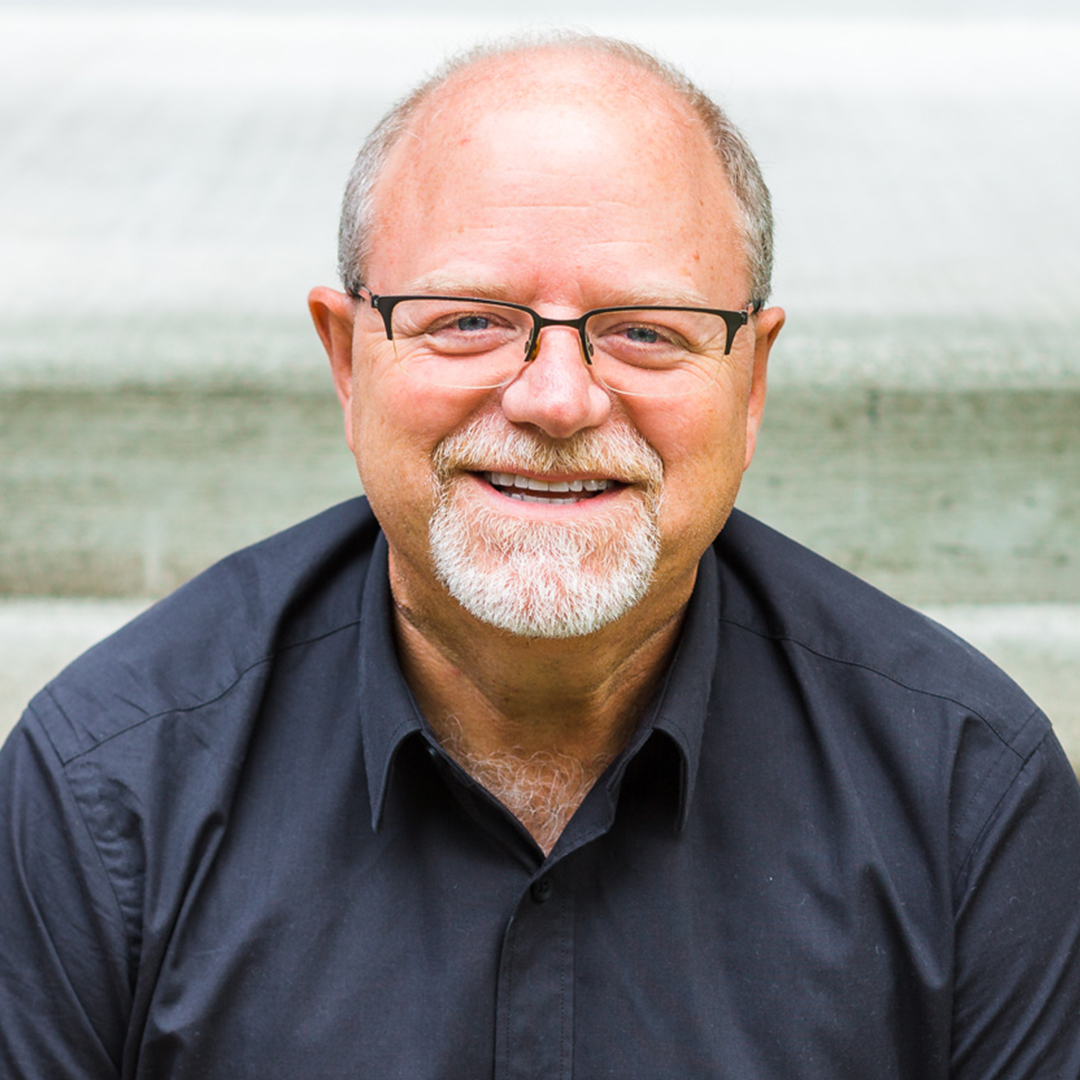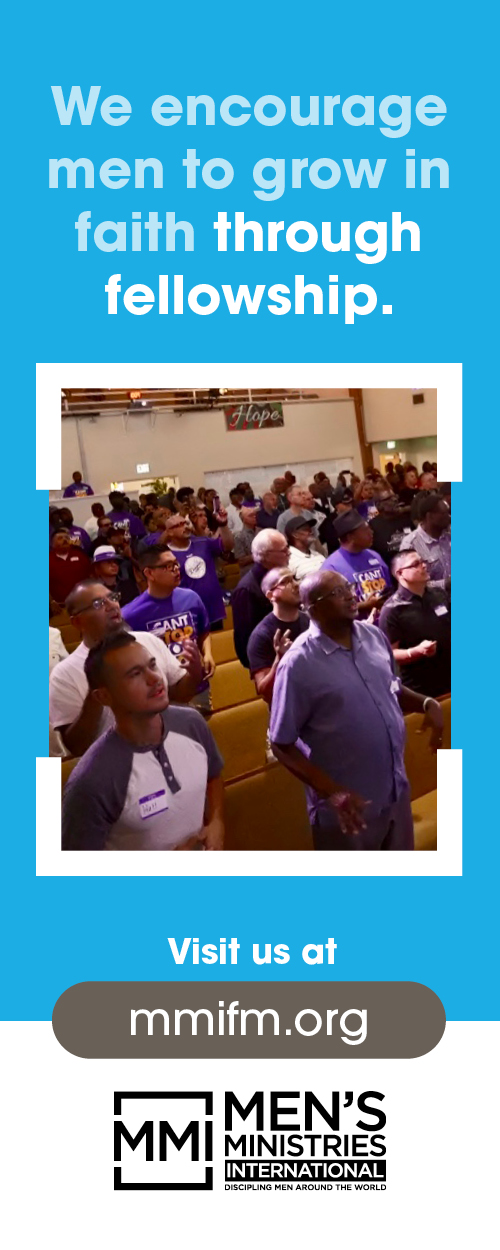
Bishop Keith Cowart
Bishop Keith Cowart, D.Min., oversees Free Methodist ministries along the Eastern Seaboard, in the South Central United States and also in Europe, the Middle East and Asia. He was elected a bishop of the Free Methodist Church – USA at General Conference 2019. He previously served as the superintendent of the Southeast Region after 21 years as the founding lead pastor of Christ Community Church in Columbus, Georgia.
by Bishop Keith Cowart
Biblical Foundations
- Amos 3:3
- Romans 12:1–2
- James 1:5–6
- John 14:23–26, 16:13–15
- Acts 15:1–21
The Case for Discernment
- It is essential that we are about God’s business and not our own.
- We recognize our own frailty and acknowledge our susceptibility to self-will and personal biases.
- Decision-making that is rooted in confession, the setting aside of personal agendas/biases, and prayerful listening to God greatly increases the likelihood of moving in the wisdom of God rather than the wisdom of man.
- We understand that both visionary leaders and people groups are capable of making good or bad decisions. The process of spiritual discernment is meant to provide a prayerful environment in which the role of visionary leadership, the contributions of other spiritual gifts, and the goal of broad ownership are held in tension.
- Agreement arrived at through spiritual discernment is more powerful and less divisive than a majority-rule process. Once agreement is reached, we move forward together as one, equally celebrating success and taking responsibility for failures.
General Guidance
- This guide was designed for use in a church board setting, but it has many beneficial applications.
- Not every decision requires the full discernment process. The process is most beneficial when addressing a major issue or one over which the group is divided.
- God does not always have a specific will on every issue. In the words of Augustine, sometimes we are free to “love God and do as we please.” The process of spiritual discernment can become paralyzing if based on the assumption that God will always give specific guidance.
- Don’t be bound by the process. The following is a highly detailed outline meant to guide a group in the early stages of using spiritual discernment in the decision-making process. As the group becomes more familiar with it, the process can be engaged in a more natural and organic way.
- Spiritual discernment is not an efficient way of making decisions. But what would happen in our churches if leaders truly believed that discerning the will of God is more important than making decisions for the sake of expediency?
- Spiritual discernment can be used proactively as well as reactively. Most decision-making is reactionary in nature. An issue comes before us, and we must decide how to respond. But what if church leaders spent as much time asking where God is leading as we do responding to needs that are already before us?
- What would happen in our churches if board or leadership meetings began to look more like prayer meetings than business meetings? What if prayer was the primary work of the board or leadership team rather than a perfunctory item on the agenda?
The Process of Spiritual Discernment
- Clearly articulate the issue(s) to be discerned.
- Identify any guiding principles (for an example, see Acts 1:21–22).
- What biblical principle(s) is (are) involved?
- How might it (they) impact our mission?
- What core values are relevant?
- What boundaries must be considered (requirements, policies, etc.)?
- Present the various options allowed by the guiding principles.
- Allow for an examination of conscience (in preparation for the next step).
- Am I living with unconfessed sin?
- Unconfessed sin can block one’s sensitivity to the Spirit and ability to hear from the Lord.
- Confession of sin is not punishment, but is a means of grace, healing and deliverance.
- In some cases, confession before the entire group may not be appropriate. In such cases, allow for an alternative means of confession.
- Do I have a personal bias on the issue? In some cases, this may be the most important step in the process. Personal biases are usually hidden but may substantially affect one’s perspective and ability to listen to God and others.
- A bias is any desire, belief or opinion that has shaped my perspective on the issue prior to the start of the discernment process.
- Biases — even if they are good and right — do not allow room for God to lead in unexpected or different ways that may turn out to be better.
- It is very important that each one “put his or her biases on the table” by verbalizing them before the entire group. In the act of confessing our biases we are also submitting them to God’s will. Doing so has a way of diffusing biases and opening hearts to the Lord’s guidance.
- Am I living with unconfessed sin?
- Engage in a season of listening prayer.
- It is important not to rush this portion, but to allow plenty of time to pray and listen for God’s guidance.
- The “season” may be a portion of a meeting or a period of several days or weeks depending on the seriousness of the issue or the degree of disagreement within the group.
- You may choose to pray together in one place or you may spread out and pray independently.
- Always remember the power of prayer is multiplied when combined with fasting.
- Consider some of the ways God may choose to “speak” to you:
- The Spirit may lead someone to a scripture that speaks clearly to the issue.
- The Spirit may give someone divine insight (a “word of knowledge”) or spiritual discernment (“Is it from God, Satan or the flesh?”) into the issue.
- The Spirit may confront and change personal biases.
- The Spirit may give you peace or cause unrest in your spirit in regard to a possible solution.
- Report back to one another.
- What was your experience as you listened?
- What new insights did you gain?
- What do you believe God is saying about the issue?
- If more than one option remains or a new option emerges, weigh the various options. You may choose to engage in an exercise of:
- Pros and cons.
- Anticipated fruit
- Consolation (peace) or desolation (no peace).
- When one option appears to have strong support, it is time to assess the group’s readiness to decide. Three possibilities:
- The group is ready to test for agreement.
- At least one person expresses a desire for more prayer or discussion on the matter.
- The group is not ready to proceed under the current conditions.
- If the group is ready, test for agreement.
- Each member of the group is asked to declare one of four convictions:
- I support the stated option with no concerns (agreement).
- I have concerns but support the stated option (agreement).
- I have concerns but do not believe the Lord would have me oppose the stated option. Therefore, I will stand in agreement with the group (agreement).
- I cannot support the stated option (disagreement).
- The aim is 100% agreement as defined by (i), (ii), or (iii).
- It is important to understand that agreement means the group will stand as one in success or failure. Second-guessing or blaming is not allowed once agreement is reached.
- Each member of the group is asked to declare one of four convictions:
- If the group is not in agreement, choose a course of action:
- Repeat the whole process.
- Take time for further prayer and reflection before reconsideration.
- Drop the issue indefinitely.
- While the aim is 100% agreement, there may be an occasion in which the group decides to move forward with less than 100% agreement (i.e., one member seems bound to a personal bias while the remainder of the group is united) but doing so is risky and weakens the strength of the group’s decision.
- Once a decision is reached, the group may choose to put the decision to the final test of peace over a period of a few days (Colossians 3:15).
- Consolation (peace).
- Desolation (no peace).
- If consolation is the result, the decision is sealed.
The book “Discerning God’s Will Together” by Danny E. Morris and Charles M. Olsen was helpful in the development of this guide.

Bishop Keith Cowart
Bishop Keith Cowart, D.Min., oversees Free Methodist ministries along the Eastern Seaboard, in the South Central United States and also in Europe, the Middle East and Asia. He was elected a bishop of the Free Methodist Church – USA at General Conference 2019. He previously served as the superintendent of the Southeast Region after 21 years as the founding lead pastor of Christ Community Church in Columbus, Georgia.









